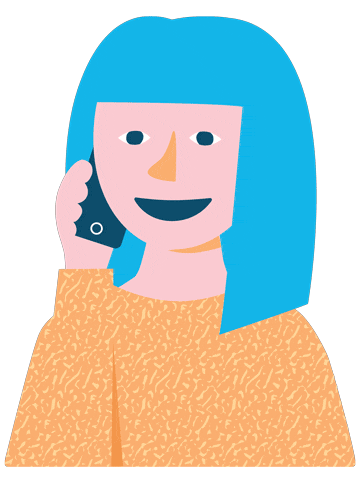Your NDIS plan will be all about you. It will include details about your personal goals and needs, details about the supports you will be funded for, and how much funding you will receive for these supports.
You will have a planning meeting with a NDIS representative, so they can talk to you about what you need in your plan. It’s a good idea to begin to prepare for this discussion before the NDIS comes to your area.
Once your NDIS plan is approved, it runs for 1, 2 or 3 years, unless there is a significant change in your life that requires a review of your supports earlier. About six weeks before the end of your plan, you will be contacted to schedule a review of your plan and your goals for the year ahead.
The NDIS will fund ‘reasonable and necessary’ supports needed to meet your needs and achieve your goals. Depending on your goals, the funding in your plan may include the following:
- Core funding – funding that covers functional support needs for daily living and participation and to access community supports and activities.
- Capital funding – funding that covers the purchase of one-off items such as equipment, technology or modifications. It also includes funding for Specialist Disability Accommodation.
- Capacity funding – funding that supports skill building, training, learning, capacity building, accessing employment, improving health and wellbeing and support coordination.
The NDIS will fund ‘reasonable and necessary’ supports needed to meet your needs and achieve your goals. Reasonable and necessary supports must:
- be identified in your NDIS plan as helping you to achieve your goals
- be related to your disability
- help you take part in the community or to find paid work or volunteering work
- not include day-to-day living costs not related to your disability
- represent value for money
- be beneficial to you and be evidence-based (tried and tested), and
- take into account informal family, carer and community support that is available to you.
The NDIS will only fund reasonable and necessary supports needed to meet your needs and achieve your goals.
The NDIS will not replace funding from mainstream services such as education, health, medication or other community services. For example, if you have a disability such as cerebral palsy and need a wheelchair to get around, this will be funded by the NDIS. However, if you also have asthma and use a ventolin puffer or nebulizer, this will be paid for by health services not the NDIS.
The NDIS does not fund everyday expenses such as rent, utilities, food or public transport (e.g. Myki).

